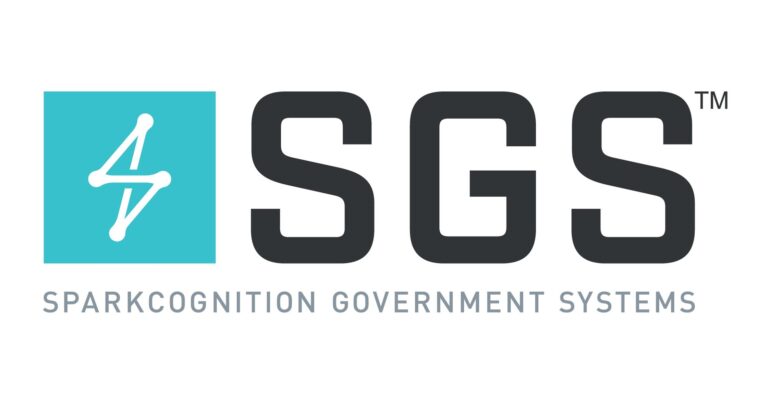- SGS secures contract to deploy AI solutions for Air Force supply chain enhancement.
- US Department of Defense highlights supply chain challenges, including declining supplier base.
- SGS’s AI technologies offer insights into lead time, part availability, pricing, and quality.
- The aim is to increase warfighting readiness, reduce expenses, and strengthen industrial base resilience.
- SGS’s frameworks enable seamless deployment and interoperability for enriched decision-making.
Main AI News:
In a strategic maneuver aimed at fortifying supply chain resilience and minimizing operational vulnerabilities in line with the National Defense Strategy (NDS), SparkCognition Government Systems (SGS) has clinched a pivotal contract from the Ohio Aerospace Institute through the Digital, Research, Innovation and Experimentation (DRIVE.) Consortium. This contract signifies an expansion of SGS’s collaboration with the United States Air Force, in tandem with Boeing, to implement advanced AI-driven solutions.
The US Department of Defense has underscored significant impediments within its Defense Logistics Agency (DLA), citing a notable decline in its supplier ecosystem, resulting in supply disruptions and cost escalations. Leveraging sophisticated generative AI technologies bolstered by large language models (LLM) and knowledge graph capabilities, SGS delivers comprehensive insights into diverse supply chain metrics, including lead time, part availability, pricing dynamics, and quality benchmarks. Harnessing the potency of SGS’s solutions, the Air Force anticipates heightened operational readiness, cost efficiencies, and bolstered industrial base resilience.
“Challenges within the supply chain, such as protracted lead times and information asymmetries, pose formidable obstacles to our military’s operational preparedness,” stressed Art Sellers, Interim President and General Manager of SGS. “Through SGS’s AI-driven interventions, actionable intelligence is harnessed to swiftly pinpoint and rectify vulnerabilities, thereby reinforcing our national security architecture.”
SGS’s AI frameworks are purpose-tailored for the distinctive exigencies of governmental and national defense endeavors, facilitating seamless deployment from edge to enterprise. The adaptable execution paradigm ensures that critical insights are accessible and actionable in real-time, empowering decision-makers across the operational continuum. Furthermore, SGS’s open-architecture ethos and hardware-agnostic solutions facilitate interoperability with allied forces and partners, while enabling integration of heterogeneous data sets for enriched insights and expedited decision-making cycles.
Conclusion:
The partnership between SparkCognition Government Systems (SGS) and the Air Force Research Laboratory, aimed at leveraging AI solutions to optimize supply chain operations, underscores a growing trend in the market towards AI-driven interventions for defense and national security. As supply chain resilience becomes increasingly critical in the face of evolving threats and disruptions, businesses across industries are likely to invest more in advanced AI technologies to fortify their operational capabilities and mitigate risks. This signifies a significant opportunity for AI solution providers like SGS to expand their footprint further in the defense sector and beyond.

